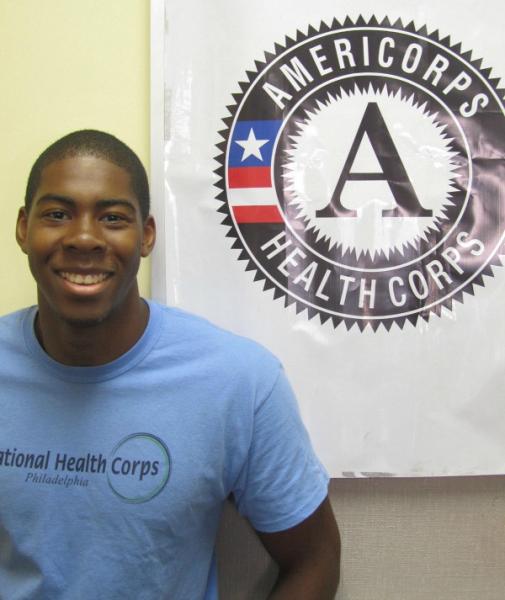It’s a rare occurrence that a patient goes to a health center in a good mood; in fact, it’s usually quite the opposite. Whether it is because they had a long wait, they received bad medical news, nobody understood their language, or for any other reason, issues naturally arise for patients simply due to the realities of the healthcare system. However, over the last 5 months of my service with the Philadelphia Health Corps (PHC), I’ve seen firsthand how effectively the staff at Health Center 6 work to serve their patients; but as is the case in any healthcare setting, there will be people who leave unhappy.

As a Patient Advocate with the Philadelphia Department of Public Health (PDPH) at Health Center 6, I am often the last stop for a patient who has already gone through a long day. As a result, many of the patients I see are justifiably stressed out. From the Trauma-Informed Care training I attended during our Pre-Service Orientation, I learned that it can be as simple as being an active and empathetic listener, and providing the patient with the space to vent for a few minutes to help them calm down. Even though I may not have said more than a few sentences to the patient, their nerves often come to ease after they are given the opportunity to share their feelings with someone who will listen. With just a minor effort like that, I can make a healthy impact on the lives of others, and I can do my part to ensure that the patients I see leave the health center satisfied with the care they received.
Patient satisfaction can play a major role in the healthcare process. As shown in a recent journal article, decreased patient satisfaction is “a major reason for non adherence” to prescription medication. “Nonadherence,” meaning an individual does not take medicine in the proper dose or time frame as prescribed by their doctor, has been shown to decrease overall medical care. Another article documented “numerous studies showing high rates of nonadherence directly related to poor clinical outcomes” and increased “avoidable hospitalizations, nursing home admissions, and premature deaths.” If our positivity can inspire a person to come to the health center regularly for their health care needs and adhere to their medications, that person can then inspire those around him/her to do the same; consequently leading to a positive cycle of people trusting in the local health care center to care for them.
By keeping an open door and being compassionate, diligent, and overall pleasant people, we as Patient Advocates have a great opportunity to ensure that patients leave the health center ready to properly follow their treatment plan and hopefully avoid many of the negative health outcomes associated with dissatisfied patients. We have the power to encourage a patient to return to the health center for his/her next appointment because he/she knows he/she will be treated fairly and with respect.
For my host site service partner and I, this “positivity” has already been reciprocated from patients in the form of homemade desserts; patients coming to our office just to say hello; and others who come to ask us for help with something completely unrelated to what we do - all because they know that we are willing to assist them.
Although I take pride in each of the many things that we do here in the Patient Assistance office, I believe our positive attitude and welcoming demeanor are what make the most impactful difference to our patients at Health Center 6.

This post was written by PHC member Chikeluba Madu.
Chike serves with the Philadelphia Department of Public Health at Health Center 6 as a Patient Assistance Program Advocate.
